Observation 1: When people say a video game has a good story, they mean that it has a story.
Gamers have a reputation for being intolerant, perpetually angry complainers. This isn't true. Gamers are the most forgiving, tolerant audience of any media.
If your game is barely functional, somewhat coherent, and gives you a sufficiently satisfying way to grind away your time, gamers will give you a billion dollars. Games that ship in a buggy, non-function state rocket to the top of the sales charts all the time. That's how tolerant gamers are. They don't even require your product to WORK!
So, if your game has a story that coherently gets from the start to the end, has a couple memorable characters and lines of dialogue, and doesn't waste a ton of time, the world's most forgiving audience will hail it as great.
But it doesn't really matter, because ...
Observation 2: Players will forgive you for having a good story, as long as you allow them to ignore it.
Gamers don't generally care about your game's story. They want the adrenaline spikes of shooty-bang-bang, or the sweet dopamine hits from filling up status bars.
If you are in the mood for good storytelling, you can watch a movie. Or a TV show. Or (shudder) read a book. Each of these is a thousand miles beyond the best video game in terms of storytelling. Whether your tastes run toward Raiders of the Lost Ark or Hamlet or Guardians of the Galaxy or Breaking Bad, video games have worse stories. Sorry.
Doesn't matter, because the vast majority of players just tune out the story. As long as you let them skip past it, it's fine. There are a lot of people out there who have put hundreds of hours into World of Warcraft, myself included. If you quizzed us all on World of Warcraft lore, 99% of us would get an F-, guaranteed.
Good story isn't what gamers are after. Which is good, because they ain't gettin' it.
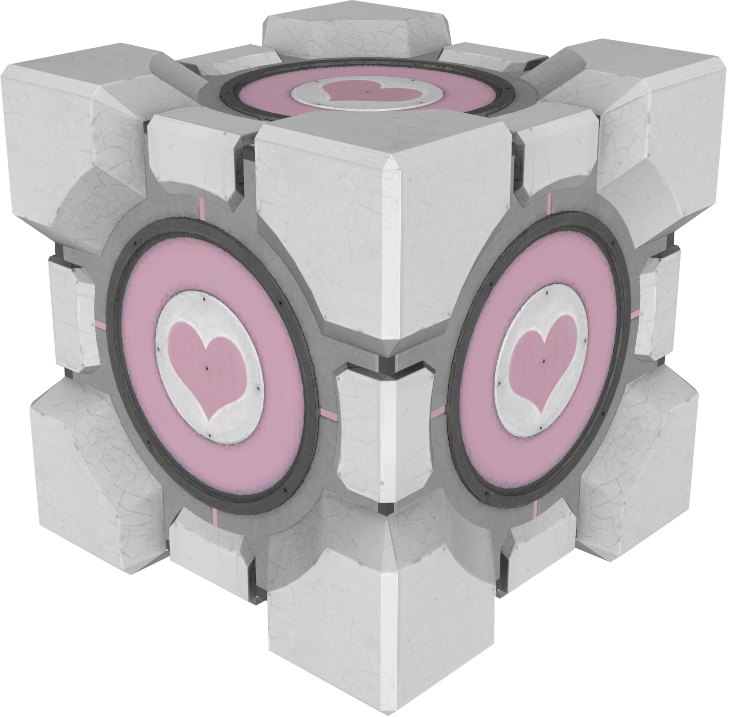
One of the
cleverest inventions in all of video game writing. Simple. Clear. Dark. Funny. One little idea can do so much.
Observation 3: The default video game plot is, 'See that guy over there? That guy is bad. Kill that guy.' If your plot is anything different, you're 99% of the way to having a better story.
One of the most influential computer RPGs ever written was 1985's
Ultima IV. Why? Because it was the first big RPG to have a different story.
Now? Psychonauts and Psychonauts 2 are hailed as two of the best-written games ever, and they both have this plot. They have some nice bits of dialogue and some very funny and interesting settings to leap around on, but they're still just, "Let's punch a linear sequence of plot tickets until we finally get to hit a big guy in the face."
Persona 5 is a cool game with a bunch of really engaging individual chapters and I loved it, but the big ending is just punching a big glowy thing a bunch of times.
Oh sure, there are ways to spice up the pattern. You can give the bad jerk a sad backstory. You can have three bad jerks, and you kill them one at a time. You can kill the bad jerk, but then his chest opens up and a God flies out and the God is the new bad jerk and you beat it up too. (Also known as the JRPG option.)
Still the same thing. And all the tricks you can use to disguise it are getting a little threadbare ...
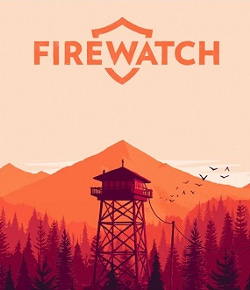
All you need to get huge buzz for your story is to make an effort. It doesn’t have to make sense, and your characters don’t have to act in plausible and consistent ways!
Observation 4: The three plagues of video game storytelling are wacky trick endings, smug ironic dialogue, and meme humor.
One of the biggest problems the industry has as a whole is that it is miserable to work in, so almost every worker bails after a decade or so. Alas, it takes many years to become a good writer. Video games are a tough medium for writing, so it takes a lot of practice to become good at it, practice most workers never get.
Thus, they have to resort to cheap tricks.
Every game writer saw The Sixth Sense and thought, "Wow! I want to do my own wacky trick ending!" Unfortunately, this almost always results in something less engaging than just telling the story in a straight-forward, honest way. Don't cheat.
Joss Whedon mastered the art of mixing serious events with wacky dialogue. In the 20th century, this was fresh. Now this is everywhere. (Borderlands is a particularly gruesome offender.) Making everything wacky and funny means that it becomes very hard to be serious, emotional, and sincere. And that is a mode you need to be in sometimes to create good writing. If everything is a joke, why care?
And meme humor is instantly dated and cringe. Portal and Portal 2 have very solid, funny writing because they made up new stuff. Every game that cribbed off of them ("Oh. The cake is a lie? You don't say.) is now dated and bears the eternal mark of lameness. Seriously, make up your own jokes! It's more fun that way!
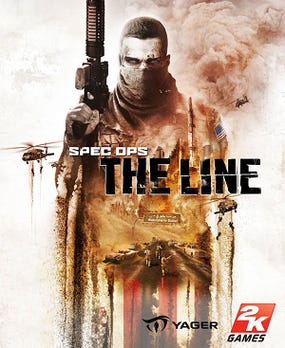
Utterly standard gameplay. A cop-out trick ending. But people still talk about this game because of its clever writing tricks.
Observation 5: It costs as much to make a good story as a bad one, and a good story can help your game sell. So why not have one?
Portal and Portal 2 were adequate, competent puzzle games elevated into hit classics by good writing. The Last of Us has decent gameplay but became a phenomenon by having a story as good as a medium-quality zombie movie. Why is Borderlands 2 the most loved, best-selling game in the series, even though the gameplay is basically the same as the others? Writing.
Observation 6: Good writing comes from a distinctive, individual, human voice. Thus, you'll mainly get it in indie games.
When you're working on a AAA game with a $300000000 budget, all executive decisions will be aimed toward one goal: Sand down any odd edges or quirky details. For a AAA game to have a unique authorial voice, it has to have someone VERY famous or influential working on it. Which doesn't happen much.
But me? I'm just a big weirdo sitting alone in a room. I can do whatever the hell I want.
The great super-power of indie developers is that we can fill in all the spaces in the market the big fish can't. No matter how low your budget is, you can always make a good story.

Ten years later, the Borderlands series is still eating out on the reputation earned by
this character.
Look, making video games is difficult and expensive. Graphics, sound, coding, testing, it's an enormous effort. Compared to that, the act of putting words on paper is tiny.
So do it right! It takes so little, a clever scene, a cool character, a really fresh, funny idea, to elevate a so-so game to something great. In this context, "great" means "gets lots of free PR and sales".
Or not. If I had to compete with real, talented writers instead of middle-of-the-road AAA gray goo, I'd go out of business sooooo fast. I'll take what I can get.













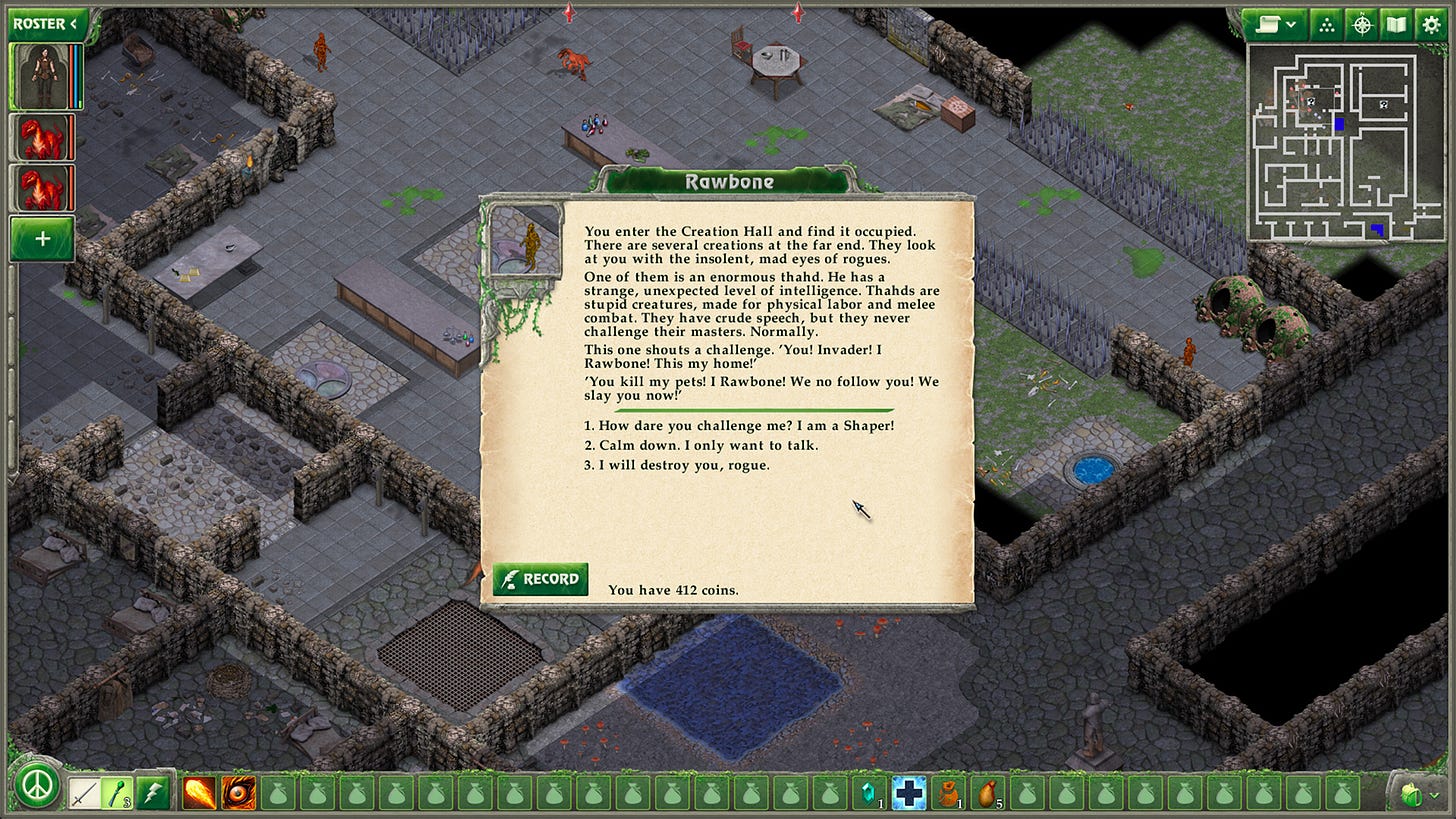
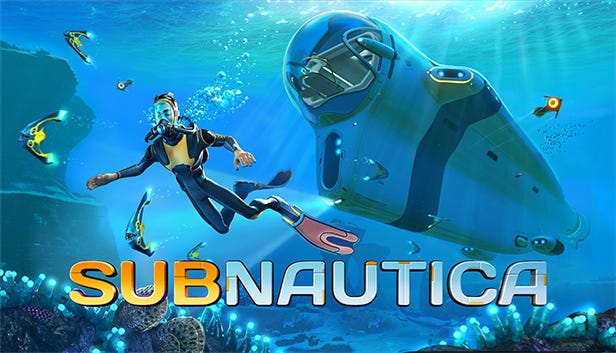









![Glory to Codexia! [2012] Codex 2012](/forums/smiles/campaign_tags/campaign_slushfund2012.png)










